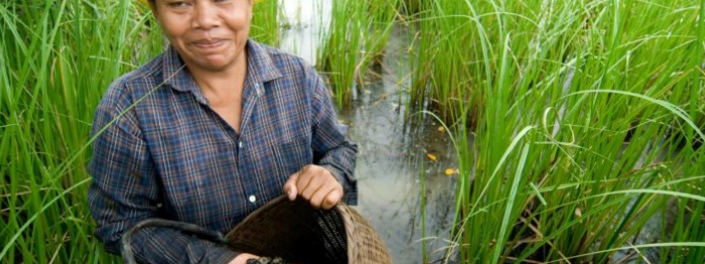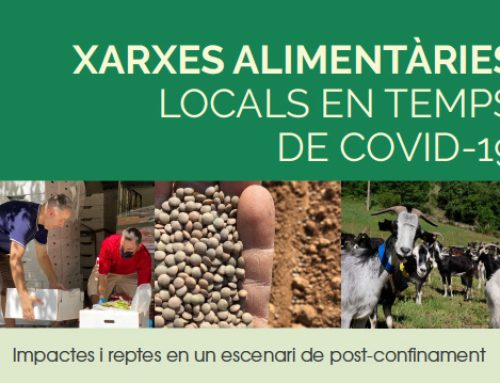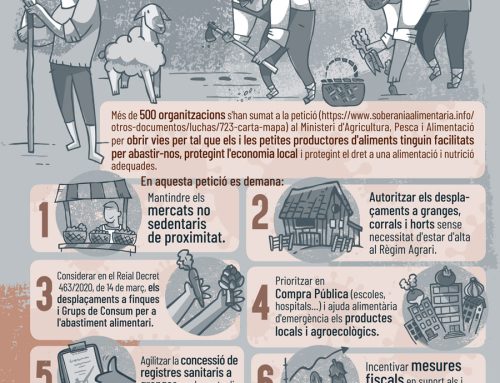Geneva, October 3, 2017 – The resolution on peasants’ rights was adopted by the UN on Friday 29th of September 2017 by 34 votes in favour, 11 abstentions and 2 against. It mandates the Inter-Governmental Working Group to finalize the “Declaration on the rights of peasants and other people working in rural areas”. It also foresees its adoption in 2018 by the member states of the UN. Some of the rights included in this declaration include:
- Rights to natural resources and the right to development – According to this, peasants and other people working in rural areas have the right to have access to and to use the natural resources that their communities require to enjoy adequate living conditions. They have the right to participate in the management of these resources and to enjoy the benefits of their development individually or in collaboration with others
- Right to food and food sovereignty – Peasants and other people working in rural areas have the right to adequate food and the fundamental right to be free from hunger. This includes the right to produce food and the right to adequate nutrition that respects their social and cultural needs and particularities, which guarantee the possibility of enjoying the highest degree of physical, emotional and intellectual development. The right-holders recognized in this Declaration are entitled to the right to food sovereignty. The right to food sovereignty is the right of peoples to healthy and culturally appropriate food produced by means of socially just and ecologically sensitive methods.
- Right to land and other natural resources – Peasants and other people living in rural areas have the right, individually and collectively, to the lands, water bodies, coastal seas, fisheries, pastures and forests that they need to achieve an adequate standard of living, to have a place to live in security, peace and dignity and to develop their cultures.
- Right to seeds – Peasants and other people working in rural areas have the right to seeds, including: (a) The right to the protection of traditional knowledge relevant to plant genetic resources for food and agriculture; (b) The right to equitably participate in sharing the benefits arising from the utilization of plant genetic resources for food and agriculture; (c) The right to participate in the making of decisions on matters relating to the conservation and sustainable use of plant genetic resources for food and agriculture; (d) The right to save, use, exchange and sell farm-saved seed or propagating material.
- Right to biological diversity – Peasants and other people working in rural areas have the right, individually or collectively, to conserve, maintain and sustainably use and develop biological diversity and associated knowledge, including in agriculture, fishing and livestock. They also have the right to maintain their traditional agrarian, pastoral and agroecological systems upon which their subsistence and the renewal of agricultural biodiversity depend.
- Right of peasant women – The Declaration seeks to eliminate discrimination against peasant women and other women working in rural areas, in order to ensure, on a basis of equality of men and women, that they fully and equally enjoy all human rights and fundamental freedoms and that they freely pursue, participate in, and benefit from their rural economic, social and cultural development.
After this important step, the negotiations of the Declaration will continue in 2018. We call all states to actively participate in the Intergovernmental Working Group and to ensure the prompt adoption of the Declaration. Peasants, other rural constituencies and their supporters will be observing their participation.





